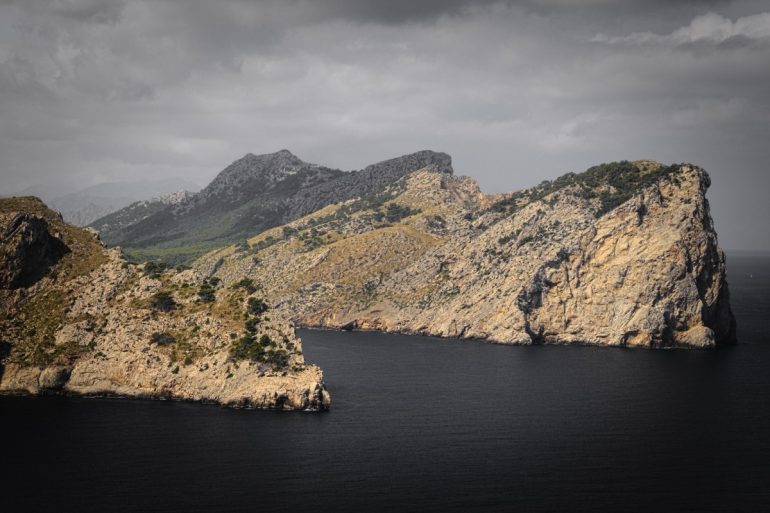[openquote]O Lord, how manifold are your works!
In wisdom you have made them all;
the earth is full of your creatures.
Yonder is the sea, great and wide,
creeping things innumerable are there,
living things both small and great.
There go the ships,
and Leviathan that you formed to sport in it.[closequote]
Psalm 104:24-26
On day 7 of EnviroLent, Nick Babladelis discussed the danger and immensity of the “deep waters” of verses 5-9 in Psalm 104. In our passage for today we return to those deep waters. These are waters that draw both a sense of awe and danger. The psalmist declares in verse 25: Look! there is the sea “great and wide,” with an uncountable multitude of “creeping things… both small and great.” The psalmist appreciates the beauty of the sea but also respects its power. This is no sentimental day at the beach.
Old Testament scholar William P. Brown has noted that Psalm 104 “views creation in thoroughly ecocentric terms; the earth is created to accommodate myriad creatures great and small, people included.” [ref] William P. Brown, The Seven Pillars of Creation (New York: Oxford University Press, 2010) 14. [/ref] The psalmist moves away from an anthropocentric view of creation to one that appreciates creation for creation’s sake. There is no hierarchy of importance here, rather God appreciates each creature for what they are of themselves— regardless if it serves humanity’s needs or not. Take the Leviathan who God “formed to sport” in the sea (v. 26), this was a mythical sea creature thought to wreck ships and yet the Psalmist can declare, “In wisdom you have made them all; the earth is full of your creatures” (v. 24).
Reading through this reminds me of the end of Job. After asking Job “Where were you when I laid the foundation of the earth?” (Job 38:4), God then beautifully recounts a number of wild and chaotic creatures such as mountain goats, wild asses, wild oxen, ostriches, and hawks. These are animals that God sees as pleasing and purposeful even if they don’t serve Job (and his fellow human’s) needs. Through this recounting God shakes Job out of his narrow view of the world into one that can appreciate all life, even the dangerous and chaotic.
By William Wellman, ecotheo.org staff
Questions & Actions
- Read through the entirety of Psalm 104, focusing on the ecocentricity of the Psalm. How does this Psalm challenge how you see the world?
- Now read Job chapter 38 and 39. How do these chapters relate to Psalm 104? How do they “shake” you view of creation and of its wild parts and creatures?
- Take the time to write a list of the things (animals, landscapes, etc.) that terrify you, and then write a list of things that you find beautiful. Can you find beauty or awe in any of the things that terrify you?
- Lent is an especially good time to confront our selfishness and pride, to reflect on how often we get in the way of loving God and neighbor. Take time this week to notice the ways you place yourself at the center of things. How can we broaden our view, reorient ourselves to God and neighbor?




